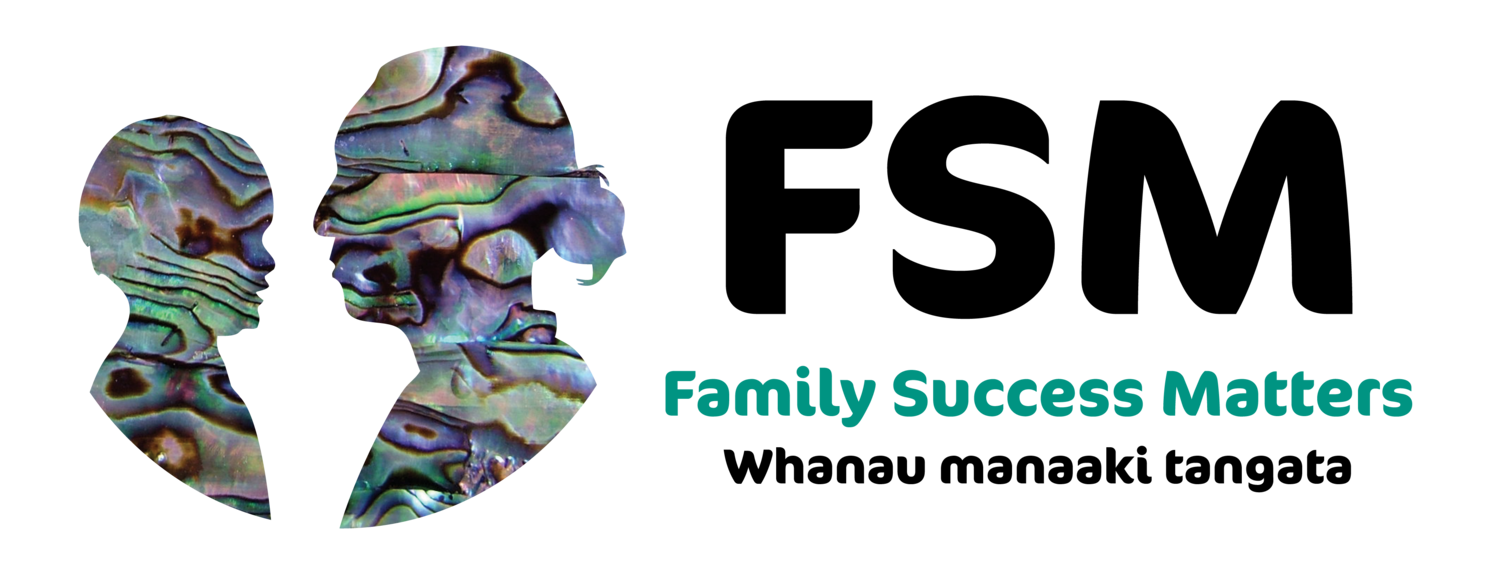Bonding in difficult times
When Samantha gave birth to Kimberley she knew life would be challenging with three children. Then, Kimberley was diagnosed with Hirschsprung's disease, and the family had to grow together to help.
Samantha and her partner Gasia, both from Samoa, were living in one room of an unsuitable house when Kimberley was born. Raising three children under the age of five in such a small space was already challenge enough, but then Kimberley was diagnosed with Hirschsprung's disease - a condition where the baby is born without the correct nerve cells in the bowel, so they can’t have a bowel motion.
“Kimberley seemed fine. But after three days she had not had a poo. Her stomach was swollen and she was not feeding.”
Samantha took her straight to Middlemore Hospital before being transferred to Starship Children’s Hospital, where Kimberley’s diagnosis was confirmed.
Kimberley needed minor surgery for immediate relief and major surgery to correct the problem, and would have to stay in Starship for several months.
“I stayed too. It was difficult. Gasia couldn’t work because he had to look after our other two children, Christopher (5) and Tito (3). We had very little money and no car for me to come home or for Gasia to come and visit.”
Samantha and Gasia, who speak English as a second language, were also struggling to understand the medical terminology and what help they were entitled to.
“We struggled for three weeks, and then we were introduced to Tala from FSM,” says Samantha.
A social worker at Starship knew Tala and had called her for help. Tala arranged for an interpreter from Samoan Family Services, and gave Gasia a lift to the hospital. She arranged for Starship to provide taxi vouchers for Samantha to go home, shower and get clean clothes. This was a service they were happy to provide, but the language barrier had meant they didn’t understand the family’s needs.
Tala rallied Samantha’s family so Gasia could return to work, and liaised with Plunket, Starship, Oranga Tamariki and WINZ on Samantha’s behalf, giving her time to focus on Kimberley.
“I’m proud of Samantha, and the love and care she showed Kimberley in that difficult time,” says Tala. “The most important thing she could do for Kimberley was breastfeed as that would help her heal and create a good bond. She was so dedicated to this, I was really impressed.”
After her operation Kimberley was released home, but Tala wasn’t happy about the conditions the family were living in. She supported them to approach Housing New Zealand, and they moved into a modern, warm house that was better for Kimberley health-wise, and meant the children had their own rooms.
“It’s been a tough year, but things are better now,” says Samantha. “Kimberley and me have time to be mum and baby now.”
Samantha is very grateful for the support she received from FSM.
“I feel happy because Tala helped so much. We feel very lucky,” says Samantha, who also has advice for other families.
“You have to keep communicating. Tell people what it is you need. My English isn’t good but Tala helped me get the confidence I needed to tell people what the issues are, and how they can help.”


